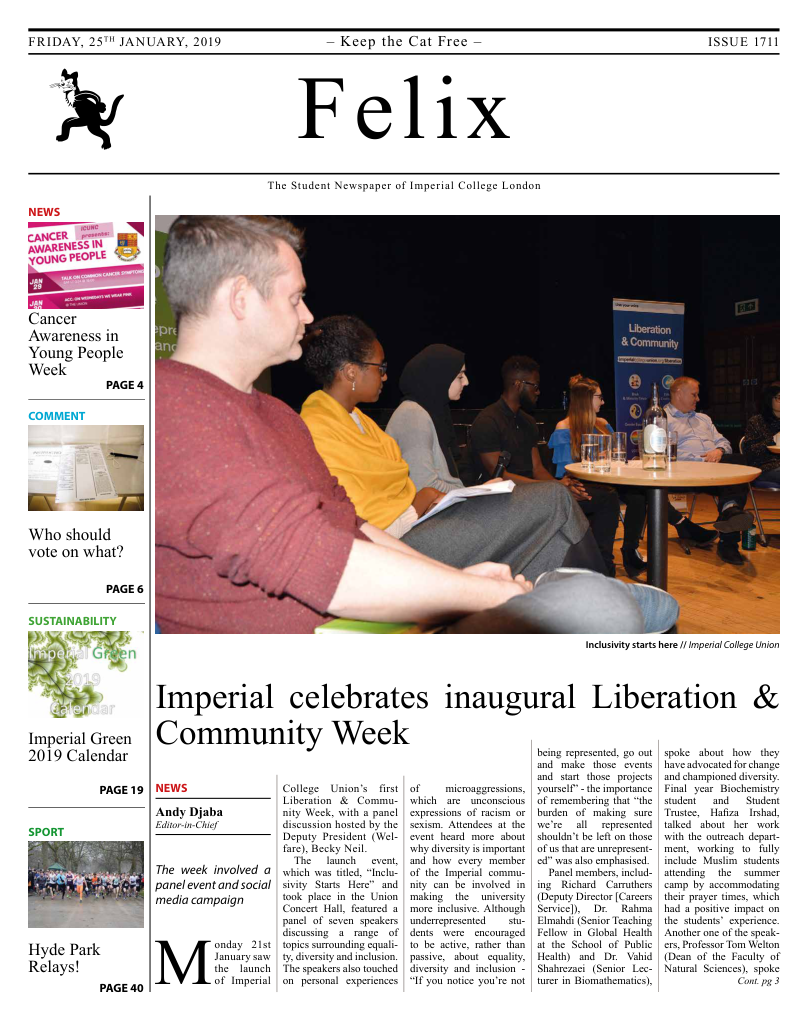Female Genital Mutilation: A Hidden Crisis
Millions of women still bear the consequences of this terrible, unjustified surgical operation. We can prevent that her daughters suffer the same fate.

Despite increased legal protections, FGM is still a significant issue that affects thousands of women and young girls in the UK.
What is Female Genital Mutilation(FGM)?
The World Health Organisation (WHO) defines Female Genital Mutilation (FGM) as ‘procedures that involve partial or total removal of the external female genitalia or other injury to the female genital organs for non-medical reasons’ (WHO 2008). It encompasses practices that intentionally remove healthy normal female genital tissues.
There are four types of FGM. Types one to three correlate with increasing severity, with three being the most severe. Type 1 is termed clitoridectomy and involves partial or total removal of the clitoris. Type 2 is often referred to excision, and results in partial or total removal of the clitoris as well as the labia minora (inner folds of the vulva) with or without the labia majora. Type 3 is called infibulation and is the most extreme form of all types. It involves the narrowing of the vaginal opening by cutting, repositioning and stitching the labia to create a covering seal.
Type 4 encompasses all other harmful procedures to the female genitalia for non-medical purposes such as pricking, piercing, incision, scraping and cauterisation of the genital area. Type 4 also includes labiaplasty, which is vulval surgery to reduce the size of the labia minora often done for cosmetic reasons.
There are several social, cultural and religious justifications underpinning female genital mutilation (FGM) practice which allow its propagation. FGM is often regarded as the ‘right of passage’ to become a woman.
Why it’s an important issue?
FGM affects over 140 million women worldwide, and over 127,000 in the UK itself. FGM can have countless consequences to women, both physically and mentally.
When FGM is done, anaesthetic is rarely used, causing severe pain to the woman or child. There is a risk of infection and the increased transmission of diseases such as HIV, as instruments are not sterilised between procedures.
FGM is also associated with obstetric and gynaecological problems such as painful periods. Women are at greater risk of complications during childbirth such as excruciating pain and the risk of haemorrhaging.
FGM can also cause lifelong psychological issues such as PTSD and trauma during intimacy.
If a girl is under 16 and FGM is performed on her, it is considered child abuse. If you help or encourage FGM it is also against the law in the UK and you are at risk of up to 14 years in prison.
Who are FORWARD and what do they do?
FORWARD (Foundation for Women’s Health Research and Development) is an African diaspora women’s charity that tackles gender equality issues such as domestic violence, child marriage and obstetric fistula. They have a particular focus on FGM and are the leading charity in the UK on the subject.
FORWARD offers a range of services for women affected by FGM, such as one to one counselling, workshops and free legal advice. They provide accredited training courses to a variety of professionals: social workers, police, health professionals etc. They also have a school’s programme where they deliver a session on FGM to school aged children to help educate them and prevent further cases. The community programme works with both men and women to train them to become community leaders and work with their own community to tackle FGM.
What more is needed to bring FGM to a halt?
It is clear what an awful act FGM now is and what a severe impact it can have on others. But how do we stop it?
It is vital to prevent FGM before it even occurs and the best way to do this is to increase awareness about it.
This can be done through education programs, community intervention schemes and showing people that it is okay to talk about it in the first place.
There also needs to be further research conducted to establish the actual prevalence of FGM in the UK as many believe it is currently significantly underreported.
Lastly, the government must see FGM as an important issue, and needs to increase funding and provide more resources for the fight against FGM.
What can I do to help?
There are many ways to get involved. You can help by raising awareness, speaking out and funding charities that work to end FGM.
If you’re interested in donating to FORWARD you can do so by website or text:
JustGiving Page: https://www.justgiving.com/forwarduk
Text Donation: Text “FWRD30 £” to 70070 with the donation amount after the £





